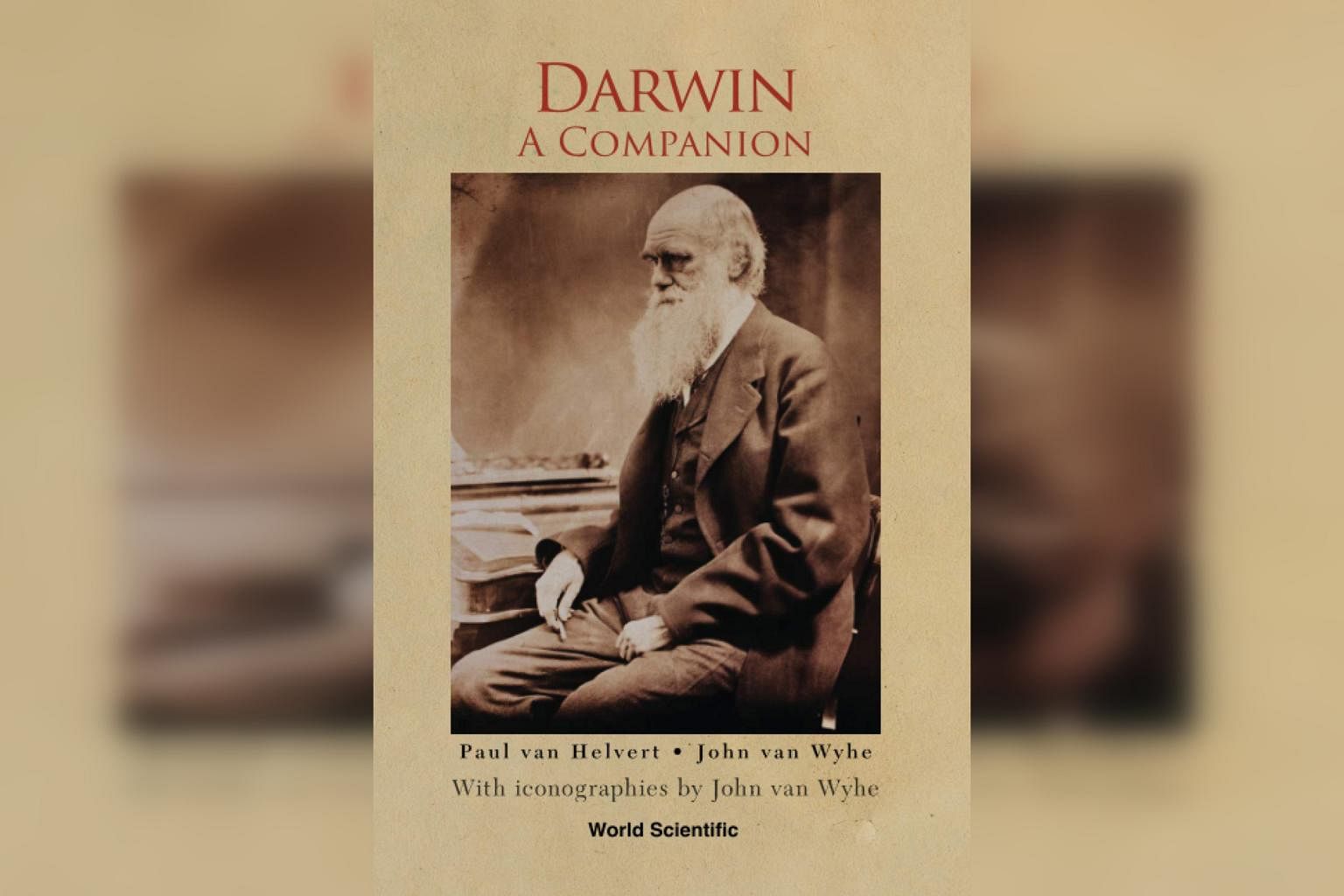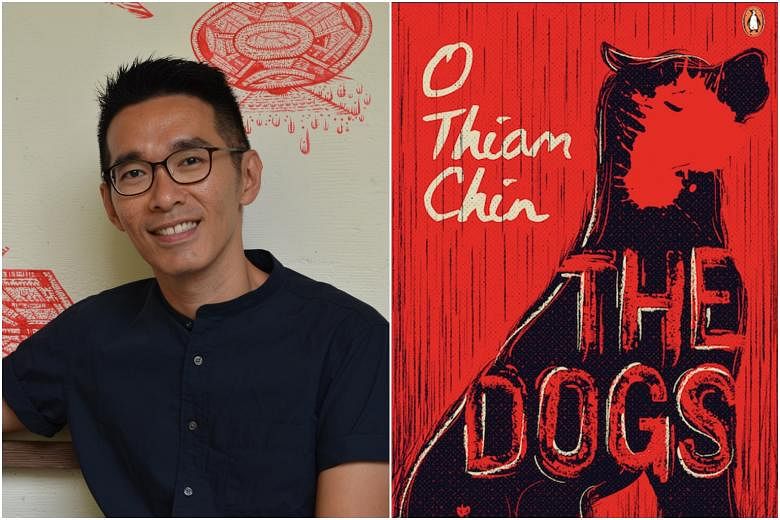SINGAPORE - In this monthly feature, The Sunday Times lines up three hot-off-the-press home-grown books for readers to dive into.
Fiction
The Dogs
By O Thiam Chin
Penguin Random House South-east Asia/ Paperback/ 240 pages/ $26.64/ Available here
The kampung where Singaporean writer O Thiam Chin spent his childhood was full of dogs.
"I remember my grandmother used to feed this huge crazy dog, tied with a chain to a tree near the house, every day," recalls O, 43. "We were told never to go near it because it could bite us."
But the children tried anyway to get as close as they could. "There was this danger, and also the thrill of meeting it face-on, that was so irresistible that we couldn't stay away."
In his third novel, The Dogs, O returns to the kampung - not the pastoral idyll so often romanticised in the national narrative, but a bleak, unruly world that is both wonderland and wasteland.
Alone in his late father's one-room flat in Ang Mo Kio, the ageing narrator recalls his kampung childhood, when he and his friend Heng Chong embarked on secret nightly missions to free pet dogs in wealthy estates.
O, who won the inaugural Epigram Books Fiction Prize in 2015 with his debut novel Now That It's Over, drew on his memories of his maternal grandparents' kampung in 1980s Lim Chu Kang.
His parents were trying to set up a hawker stall then and did not have time to look after him and his siblings, so his late grandfather would pick them up on weekends and school holidays and take them to the kampung, where they ran wild.
It was a playground full of peril - a crocodile in the swampy pit near the chicken coops, poisonous snakes in the undergrowth. "As kids, we were often told about the dangers that existed that we couldn't see, the things that might get you if you were careless and not paying attention.
"And of course, there was cruelty aplenty all around, too common to even bat an eyelid: the slaughter of poultry and pigs, the disposal of their bodies, the casual deaths.
"My intention in writing this novel was never to romanticise a time or period, but to reimagine this epoch that was thriving with life and energy, and also imbued with hopes and regrets and fears."
O wrote The Dogs in 2018 and has spent the coronavirus pandemic working on his fourth novel, which he describes as resembling Hanya Yanagihara's Man Booker Prize-shortlisted A Little Life (2015), but set in 1915 and featuring coolie immigrants and plantation workers.
He says it was a "fascinating, harrowing" experience to burrow into the mind of The Dogs' narrator, who has hidden reserves of violence and remains haunted by a boyhood tragedy.
"The dogs in the novel, all strays, become the emblem of living life at the border, all seeking by any means to survive, whether by wiles or instinct; some manage to escape, and some don't. Isn't this how life can sometimes seem?"
Non-fiction
Darwin: A Companion
By Paul van Helvert and John van Wyhe
World Scientific/ Paperback/ 484 pages/ $39.59/ Available here

This encyclopaedic work, by National University of Singapore historian John van Wyhe and Dr Paul van Helvert of Wageningen University & Research in the Netherlands, is a milestone in the study of Victorian naturalist Charles Darwin.
The result of a decade's research and the consultation of more than one million sources, the book includes hundreds of new discoveries and corrections to existing literature about Darwin's 160-year legacy.
For example, it establishes that Darwin is the scientist with the most species named after him - around 700 - a record held up to now by German naturalist Alexander von Humboldt. It also puts Darwin as the most widely translated scientist in history at 64 languages.
It presents the most complete iconography of Darwin to date, with more than 1,000 unique photographs, paintings, statues and caricatures of the naturalist, and even compiles a list of more than 400 visitors to his home, debunking the notion that he was a recluse.
Comics
Mr Tino Vol. 2
By Russell Molina and Mikey Marchan
Epigram Books/ Paperback/ 144 pages/ $20.22/ Available here

In the second volume of this superhero story, Mr Tino, a 66-year-old sundry store owner who discovers he has superhuman strength, continues to look into the abductions of children from his neighbourhood and discovers the mastermind is someone from his past.


